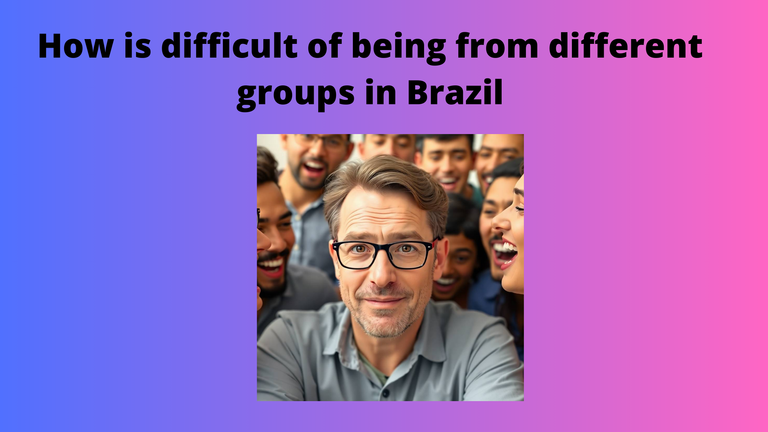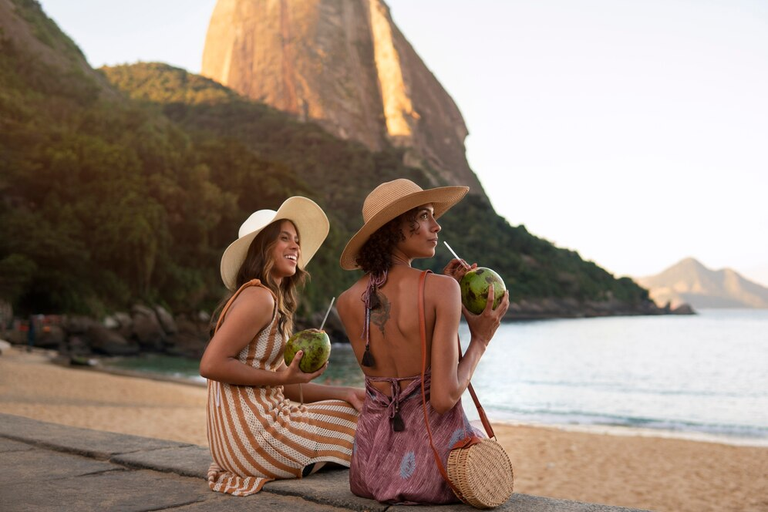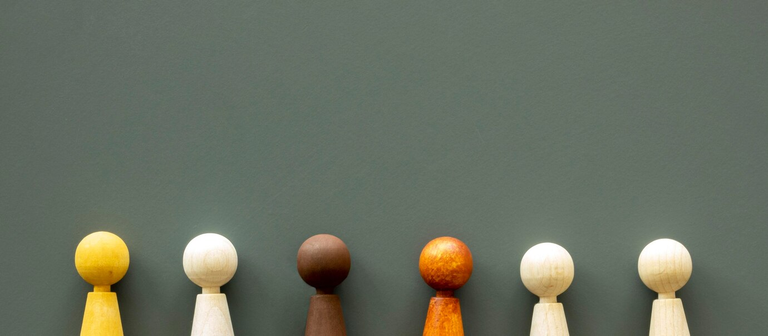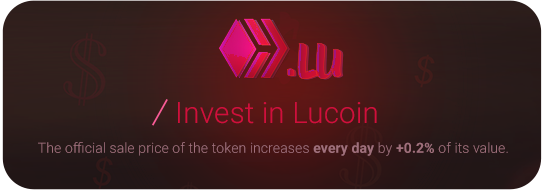
Humans are the animals with the most rationality in the whole kingdom. But because of that, in addition to good ideas, bad ideas come. A group of these ideas is based on concepts that existed a long time ago, formed to label a group of people, and most of them are based on false premises. Usually they appear when another human doesn't belong to your group that you consider "normal". Being "normal" is very complex since there are different standards of normality. I am part of an ethnic group that is different from the vast majority in my home country, so I wasn't considered normal, and because of that, many adjectives appeared and were a real Stigma.

Brazil is always mentioned as a happy country, the land of samba and soccer. Every tourist who goes there feels welcomed. However, the reality is that the country has social problems and old thinking. The country isn't used to seeing different religions and ethnicities growing there. The country is mostly Christian, and the only language spoken is Portuguese. People are a bit used to hear Spanish in the streets since all of our neighbors are Spanish speakers, but beyond that isn't normal to see something different in addition to Europeans and North Americans mostly that go there to explore the natural beauties of the country and because of that, all tourists are called 'Gringos', usually a name used for US citizens in Mexico, but in Brazil even an European is a 'Gringo'. And the 'Gringos' are always a good source of money according them. There isn't a broken 'Gringo'.
I am not a regular Brazilian, I am caucasian white, that only burns when exposed to the Sun. I don't get tanned like most of the Brazilians. So I am usually called as 'Gringo' there, well I am mostly the second generation of South Americans in my family. All my grandparents came from Eastern Europe, I have a Polish passport by the way that I inherited from my father's side of the family, but I could be applying for a German one from my mother's side. On top of that, I am not Christian.
The Christiniaty is very rooted in the country. Different from Canada, where I just went to a pharmacist who is from India, we don't have many asian migrants lately. We had a big Chinese and Japanese migration a while ago, but that's it. Chinese in Brazil are known to open "fried wontons" or "Pastel" cafeterias. Another stigma. Since I am not a Christian, they are always very amazed when I say that I don't celebrate Christmas.
"Why you don't celebrate Christmas? Oh, ok, so when is your Christmas?". Well, we have other festivities during the year. And they have other meanings. But also the worst are the stigmas associated with the ethnicity. First, when I talk about my background, they ask me if I am rich. They think that I am rich! My father is an engineer, and my mom decided to take us home. We weren't poor for sure, but I could never travel abroad when I was a kid, different from many friends who were Christians. Another adjective that always bothered me and people still call me in the WhatsApp group: Cheapstake. Every time that they are talking about the subject of not spending money they mention my name, when most of them sometimes save much more money with dumb stuff compared to me. It is so awkward.

During my PhD, I had a colleague from Spain, she was amazed at the country when she first came. I introduced her to the country since I speak Spanish (most of the Brazilians don't speak, my mom is from Argentina, so I am a bit different, and yes, people also make jokes about that as well with me about that there. I warned her that living in Brazil was different from visiting. She was so amazed that she didn't listen to me. After one year of reality, she gave up and went back to Spain; she couldn't adapt. Belonging to different groups from what locals think is different from their local "normal" anywhere is difficult. But in Brazil, I would say that it is very challenging. Anyone can go to have fun in Brazil for a short period, but it is very challenging not to belong to the local culture unless you adopt all the local way of life.




Os humanos são os animais com mais racionalidade em todo o reino. Mas por isso, além das boas ideias, vêm as más ideias. Um grupo dessas ideias é baseado em conceitos que existiam há muito tempo, formados para rotular um grupo de pessoas, e a maioria delas é baseada em premissas falsas. Normalmente, elas aparecem quando outro humano não pertence ao seu grupo que você considera "normal". Ser "normal" é muito complexo, pois há diferentes padrões de normalidade. Eu faço parte de um grupo étnico diferente da grande maioria do meu país de origem, então eu não era considerado normal, e por isso muitos adjetivos apareceram e foram um verdadeiro estigma.

O Brasil é sempre mencionado como um país feliz, a terra do samba e do futebol. Todo turista que vai para lá se sente bem-vindo. No entanto, a realidade é que o país tem problemas sociais e um pensamento antigo. O país não está acostumado a ver diferentes religiões e etnias crescendo lá. O país é majoritariamente cristão, e a única língua falada é o português. As pessoas estão um pouco acostumadas a ouvir espanhol nas ruas, já que todos os nossos vizinhos são falantes de espanhol, mas além disso não é normal ver algo diferente além de europeus e norte-americanos principalmente que vão lá para explorar as belezas naturais do país e por isso, todos os turistas são chamados de 'Gringos', geralmente um nome usado para cidadãos americanos no México, mas no Brasil até um europeu é um 'Gringo'. E os 'Gringos' são sempre uma boa fonte de dinheiro, segundo eles. Não existe um 'Gringo' quebrado.
Eu não sou um brasileiro comum, sou branco caucasiano, que só queima quando exposto ao sol. Não fico bronzeado como a maioria dos brasileiros. Então, geralmente sou chamado de "Gringo" lá, bem, sou principalmente a segunda geração de sul-americanos na minha família. Todos os meus avós vieram do Leste Europeu, tenho um passaporte polonês, a propósito, que herdei do lado da família do meu pai, mas poderia estar solicitando um alemão do lado da minha mãe. Além disso, não sou cristão.
O cristianismo é muito enraizado no país. Diferente do Canadá, onde acabei de ir a um farmacêutico que é da Índia, não temos muitos migrantes asiáticos ultimamente. Tivemos uma grande migração de chineses e japoneses há um tempo, mas é isso. Os chineses no Brasil são conhecidos por abrir cafeterias de "wontons fritos" ou "pastéis". Outro estigma. Como não sou cristão, eles sempre ficam muito surpresos quando digo que não comemoro o Natal.
"Por que você não comemora o Natal? Ah, ok, então quando é seu Natal?". Bem, temos outras festividades durante o ano. E elas têm outros significados. Mas o pior também são os estigmas associados à etnia. Primeiro, quando falo sobre minha origem, eles me perguntam se sou rico. Eles acham que sou rico! Meu pai é engenheiro, e minha mãe decidiu nos levar para casa. Não éramos pobres com certeza, mas eu nunca pude viajar para o exterior quando era criança, diferente de muitos amigos que eram cristãos. Outro adjetivo que sempre me incomodou e as pessoas ainda me chamam no grupo do WhatsApp: pão-duro. Toda vez que falam sobre o assunto de não gastar dinheiro, mencionam meu nome, quando a maioria deles às vezes economiza muito mais dinheiro com coisas idiotas do que eu. É tão estranho.

Durante meu doutorado, tive uma colega da Espanha, ela ficou impressionada com o país quando chegou. Eu a apresentei ao país, já que falo espanhol (a maioria dos brasileiros não fala, minha mãe é da Argentina, então eu sou um pouco diferente, e sim, as pessoas também fazem piadas sobre isso comigo lá. Eu a avisei que viver no Brasil era diferente de visitar. Ela ficou tão impressionada que não me ouviu. Depois de um ano de realidade, ela desistiu e voltou para a Espanha; ela não conseguiu se adaptar. Pertencer a grupos diferentes do que os locais acham que é diferente do seu "normal" local em qualquer lugar é difícil. Mas no Brasil, eu diria que é muito desafiador. Qualquer um pode ir se divertir no Brasil por um curto período, mas é muito desafiador não pertencer à cultura local, a menos que você adote todo o modo de vida local.








